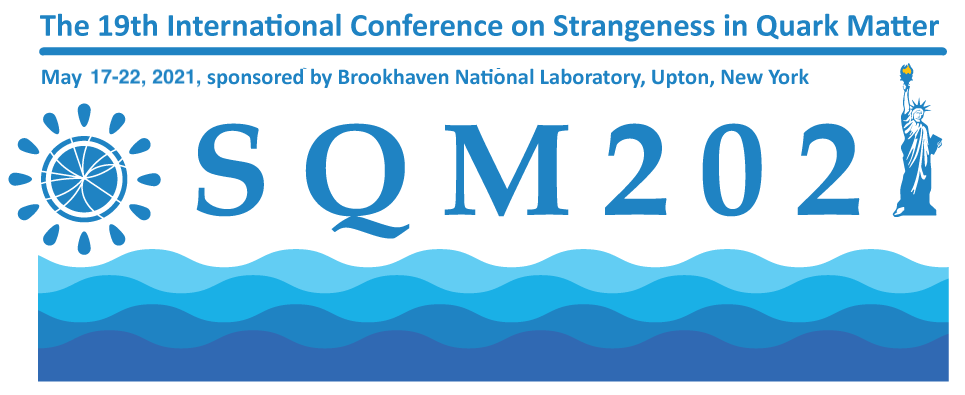Speaker
Description
In order to constrain the equation of state of dense objects like neutron stars (NS) and subsequently solve the puzzle about their content, it is fundamental to understand the interaction between their hypothetical constituents. Hyperons might be contained in the core of NS. When becoming sufficiently abundant, in addition to the hyperon-nucleon interaction also the self-interaction of hyperons becomes relevant. In this context, both the hyperon-hyperon interactions and the coupling of the $\phi$ vector meson to nucleons play an important role. At the moment, experimental data is limited to studies of Λ-Λ final states or measurements of the inclusive $\phi$ productions in several colliding systems.
The ALICE Collaboration can provide precise data on interactions such as the hyperon-hyperon and the nucleon-$\phi$ by means of the femtoscopy technique applied to small collision systems at the LHC. The small size of the particle-emitting source produced in collision systems such as pp and p-Pb makes it possible to study short-ranged strong potentials with unprecedented precision. We present here the first experimental observation of the strong interaction between proton and $\phi$ meson as well as a measurement of the interaction between Λ-Ξ using high-multiplicity pp collisions at $\sqrt{s} = 13$ TeV at the LHC. The proton-$\phi$ interaction is found to be attractive with a sizable influence of the so far neglected direct p-$\phi$ coupling. The Λ-Ξ interaction suggests a shallow potential of the strong interaction, in contradiction to calculations with Chiral Effective Field Theory.
| Collaboration | ALICE |
|---|




